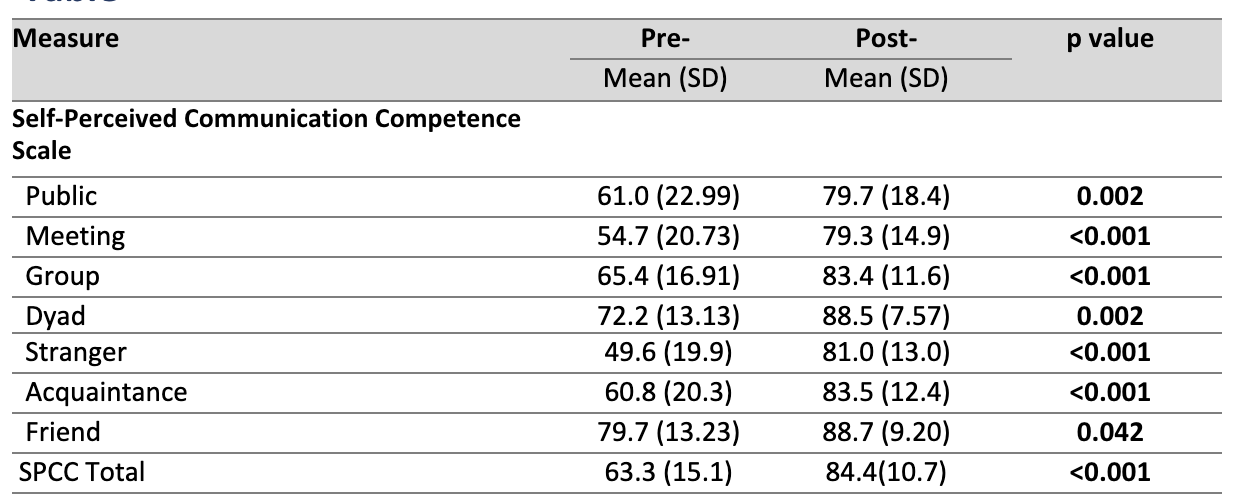Medical Education
Session: Medical Education 4
400 - Unlocking Medical Communication Mastery: A Creative Path Through The Medical Improvisation Elective
Saturday, May 4, 2024
3:30 PM - 6:00 PM ET
Poster Number: 400
Publication Number: 400.1086
Publication Number: 400.1086

ABDUL Khan, MD (he/him/his)
Nicu Fellow
Loma Linda University Children's Hospital
Loma Linda, California, United States
Presenting Author(s)
Background: Effective communication is paramount in healthcare for patient-centered care and interprofessional collaboration. Clinical encounters often demand spontaneous communication in high-stress situations, leaving medical students feeling unprepared. This study introduces a novel approach—a medical improvisation elective designed to equip students with essential communication skills to enhance verbal and non-verbal communication, deep listening, boost confidence, promote empathy, and prepare students for the unexpected challenges of clinical practice.
Objective: Our objective was to develop and evaluate the feasibility and outcomes of this innovative curriculum to better prepare students for communicating in clinical encounters in a low-stressed environment.
Design/Methods: A two-week elective course in medical improvisation was developed specifically for pre-clinical medical students. Each session introduced the tenets of improv through exercises adapted to the medical context, followed by a debrief that connected these skills to clinical applications. A de-identified, self-reported questionnaire utilizing the validated Self-Perceived Communication Competence Scale (SPCCS) was employed both before and after the elective to assess participants' communication skills. Additionally, a post-elective survey was administered to evaluate the course, with responses provided anonymously on a 5-point Likert scale, spanning from 1 (strongly disagree) to 5 (strongly agree). Paired t-tests were used to measure the differences in scaled responses.
Results: A total of 13 students participated in the medical improv elective held in Fall 2022, and the feedback was overwhelmingly positive (Image 1). Paired t-test analyses indicated that pre-test versus post-test SPCC scores were significantly different, implying that participation in the medical improvisation elective did improve communication skills (Table 1). The elective helped the students feel more fearless (mean=4.5±0.6) and increased their self-confidence (mean=4.6±0.6). The mean scores for students’ perceived improvement in listening, teamwork, and the ability to respond in the moment were 4.5±0.7, 4.7±0.6, and 4.7±0.6, respectively.
Conclusion(s): Medical improvisation curriculum can provide medical students with a safe space to develop and refine their communication skills, ultimately better preparing them for the challenges they will face in clinical practice. It's an innovative approach towards addressing a frequent problem in medical education.

.png)
